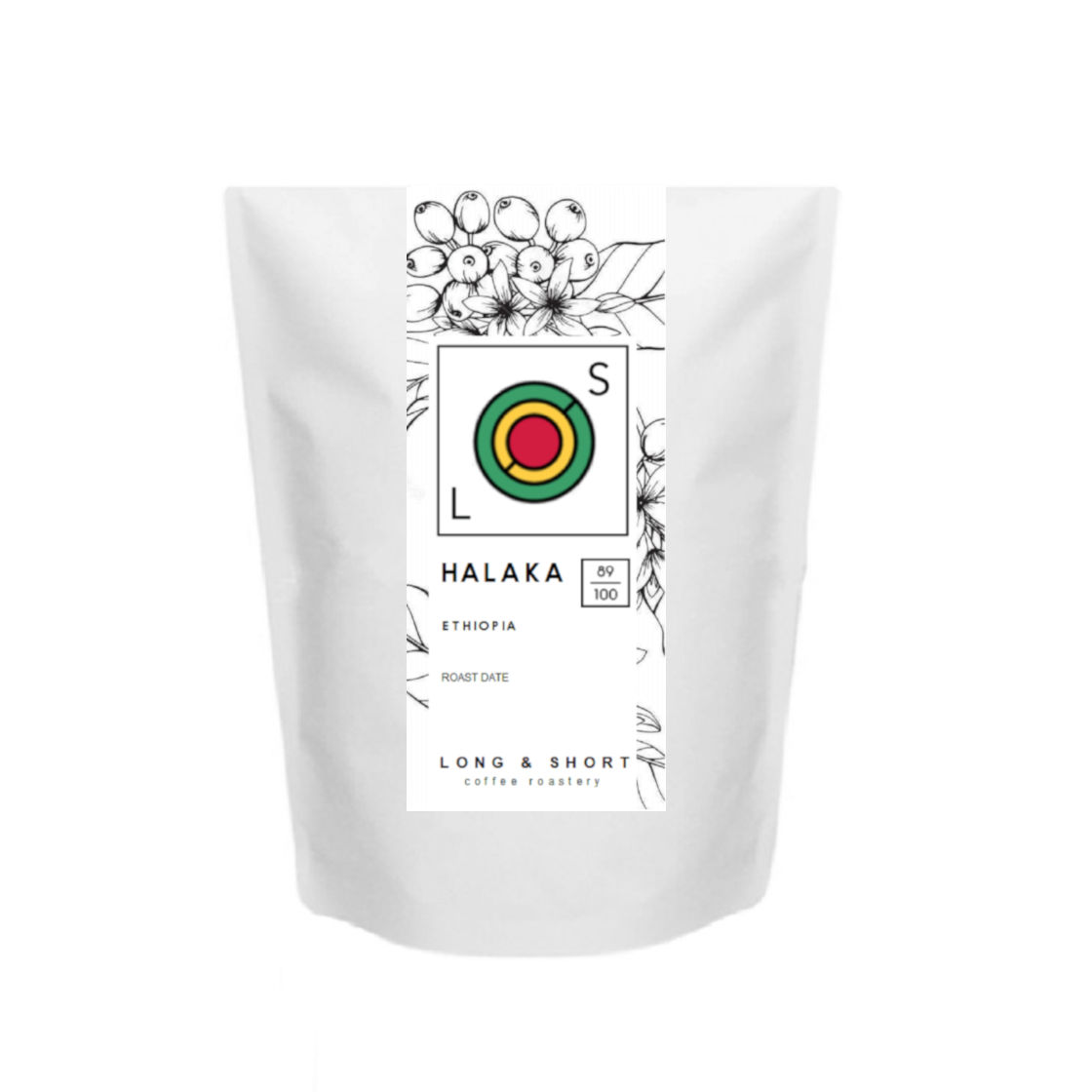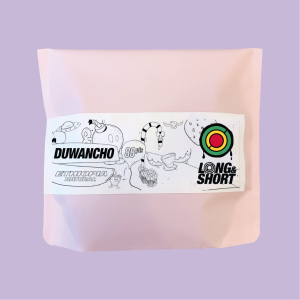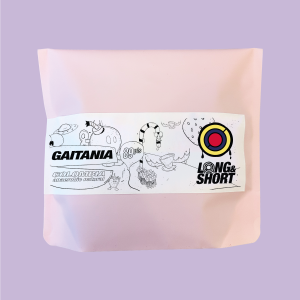CLIMATE CHANGE GOOD NEWS!?
Named after the area where this coffee came from, the ‘Halaka’ has been produced in the Guji zone where Ethiopia’s famed coffee reputation was born. Unlike many of the more established coffee farms that face a gloomy future with impending climate change, Halaka has conversely become more suitable for growing coffee as an up and coming coffee producing hub.
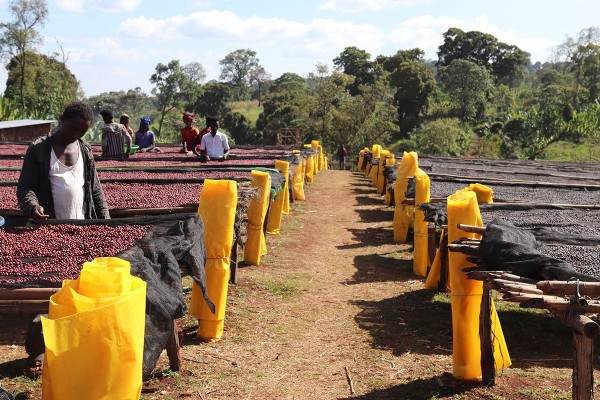
QUALITY OVER QUANTITY
The Halaka has been processed by Buna General Trading who are a relatively small producer/exporter of coffee but definitely follow the motto quality over quantity. Focusing on naturally processed coffees that are dried for 30 days at a time they nail the brief of quality classic Ethiopian coffees with sweet fruit and floral notes.
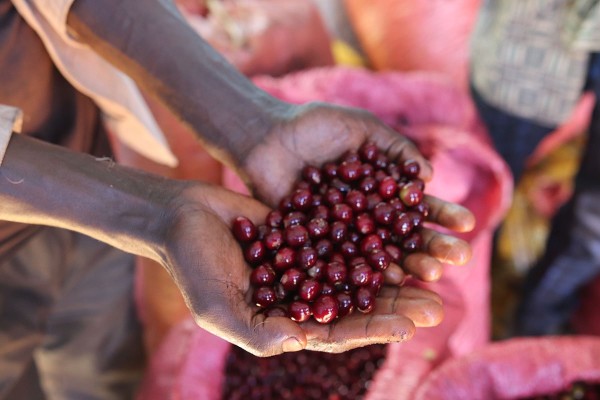
Can you taste it?
Naturally processed this coffee is more fruity in nature with pronounced tasting notes of blueberry and melon on the tongue alongside floral aromatics of lavender common to the region. Light, sweet and juicy make this a clear example of an Ethiopian coffee done extremely well.
Our recommendation
African coffees are known for their brightness and extremely fruity nature, so they are usually preferred as pour over filter or as long black for espresso based drinks. Due to the delicate floral qualities, we recommend trying this one black so that these are preserved, but of course, there are still many who prefer this type of coffee in milk etc, so to each their own!
We recommend consuming this coffee between weeks 2 to 4 after its roast date, but of course, try it before or after too.



